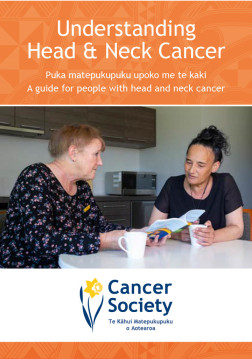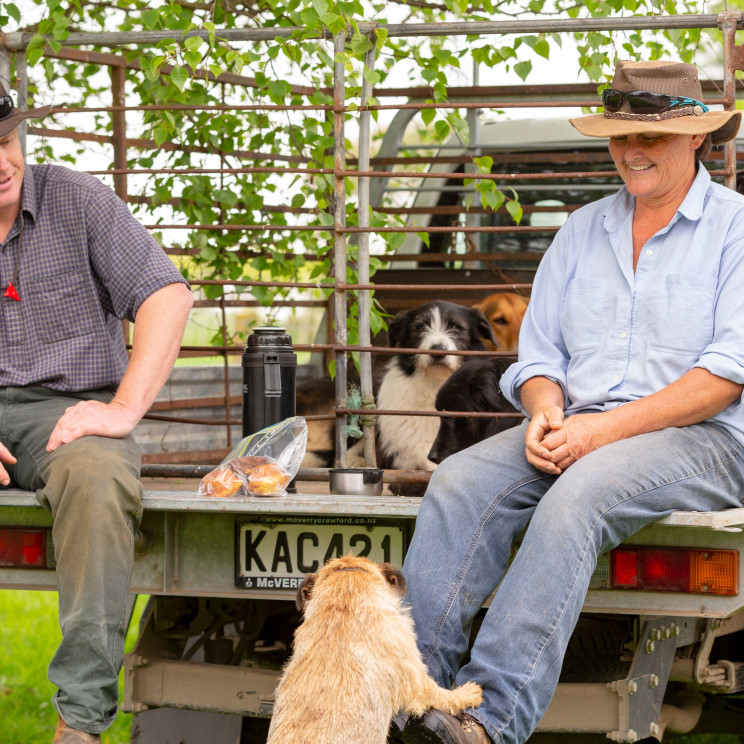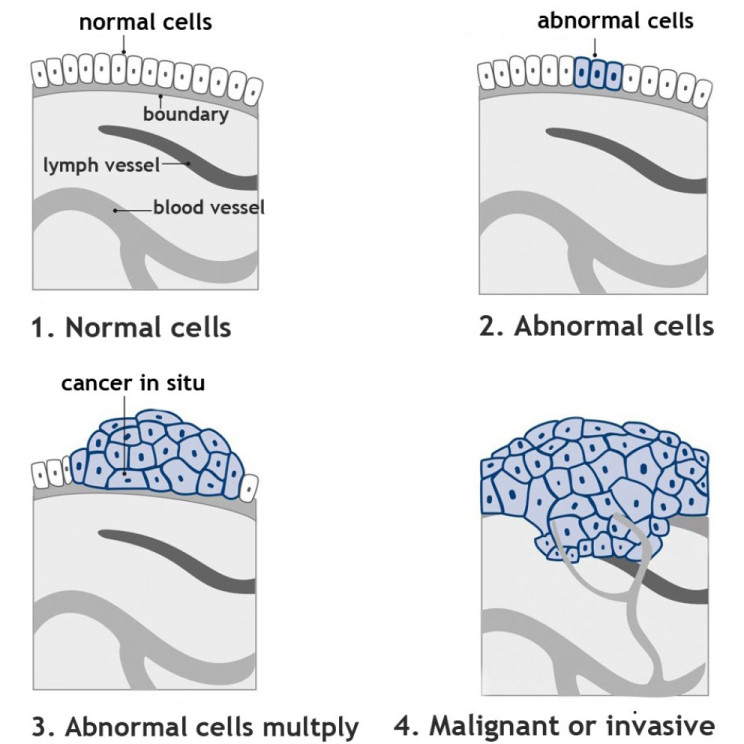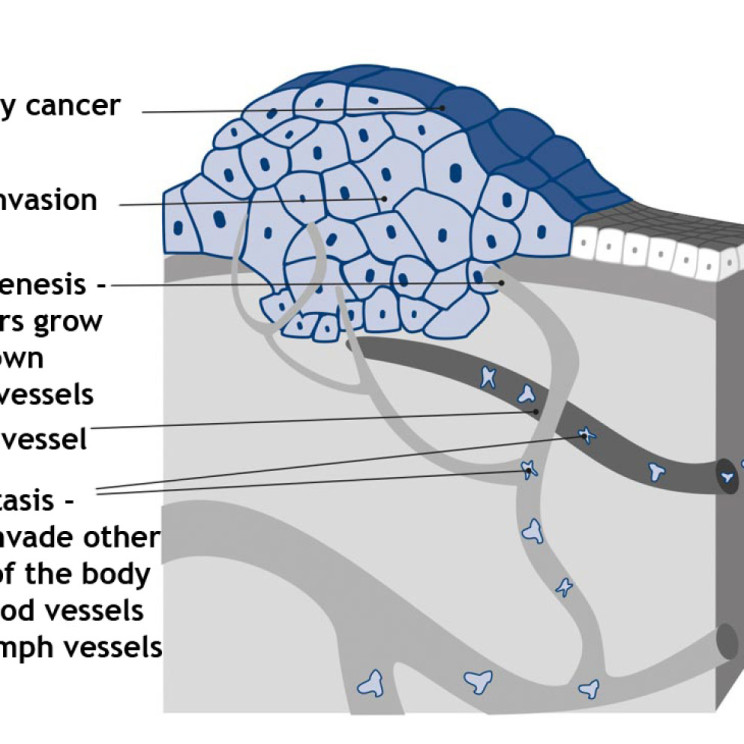Here you will find a set of useful resources with in depth information to help you navigate your head and neck cancer diagnosis and prepare you for the future.
Download the complete head and neck cancer booklet
Our new booklet 'Understanding head and neck cancer' is available now.

Download section eight of our head and neck cancer booklet: Head and neck cancer resources

What is cancer?
Cancer is a disease of the body’s cells. It starts in our genes. Our bodies are constantly making new cells to allow us to grow, replace worn-out cells, or heal damaged cells after injury.
The process of making new cells is controlled by certain genes — the codes that tell our cells how to grow and behave. Cancers are caused by damage to these genes. These changes usually happen during our lifetimes.
In a very small number of families, damaged genes are passed through generations. While these people will have an increased risk of developing cancer, it does not mean they will definitely get cancer.
How cancer starts
Tumours can be benign (not cancerous) or malignant (cancerous). Benign tumours do not spread to other parts of the body.

How cancer spreads
A malignant tumour is made up of cancer cells. When it first develops, a malignant tumour is usually confined to its original site. This is known as the primary site. Some tumours can become quite large within their organs of origin, for example the lung or breast. With growth, the tumour may spread beyond the original organ boundaries and into surrounding tissues. This is called locally advanced cancer.
Sometimes cells move away from the original (primary) cancer through the bloodstream or lymphatic systems and start to grow in other body organs. When these cells reach new sites, they may form more lumps or masses. This is called advanced cancer, secondary cancer, metastatic cancer or stage 4 (IV) cancer. For example, if lung cancer spreads to the bone, it is called lung cancer with bone metastasis.
If the only place of spread is nearby lymph nodes, it is called regional nodal spread. Your cancer doctor will still refer to it as lung cancer even though it has spread to another part of your body.
The sort of treatment you are offered for cancer will depend on the type of cancer, where it began, and whether it has spread. Your cancer doctor will also take into account other things about you, such as your age and general health.
Treatment for cancer includes surgery, radiation treatment, chemotherapy, immunotherapy, targeted treatments, hormone treatments and palliative care.
Sometimes only one of these types of treatment is used for a cancer. Sometimes more than one is used.

Suggested websites
You may be interested in looking for information about head and neck cancer on the internet. While there are very good websites, be aware that some websites may provide incorrect information.
We recommend that you begin with the Cancer Society’s website (www.cancer.org.nz) and use our links to other good cancer websites, or visit the following websites:
Head and Neck Cancer Australia
Head and Neck Cancer Support Aotearoa
Head and Neck Cancer Support Network
The suggested websites are not maintained by the Cancer Society of New Zealand. We only suggest sites we believe offer credible and reliable information, but we cannot guarantee that the information on these websites is correct, up-to-date or evidence-based medical information.
Suggested resources
Information sheets to download as PDFs
- Applying to Work and Income
- Benefits and entitlements
- Cancer and insurance, employment and legal issues
- Coping with waiting
- Healthy eating and cancer treatment
- Making decisions about treatment
- Searching the internet
- Sex and cancer
- Spirituality, wairuatanga and cancer
- Supporting young adult children when you have cancer
- Telling others about your diagnosis
- Your cancer treatment team
Booklets to download as PDFs
- Cancer in the family
- Eating well with cancer
- Emotions and cancer
- Sex and cancer
- Supporting someone with cancer
Cancer Society information and support services
The Cancer Information Helpline is a Cancer Society phone line where you can talk about your concerns and needs with trained health professionals. Phone the Cancer Information Helpline (0800 CANCER 226 237).
Your local Cancer Society offers a range of services for people with cancer and their families/whānau. These may include:
- information and support
- volunteer drivers providing transport to treatment
- accommodation while you are having treatment away from home.
The range of services offered differs in each region, contact your local Cancer Society to find out what is available in your area.
